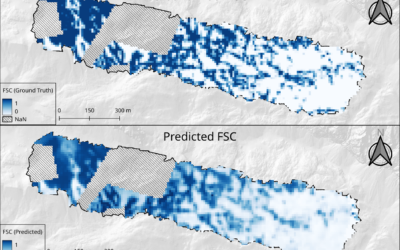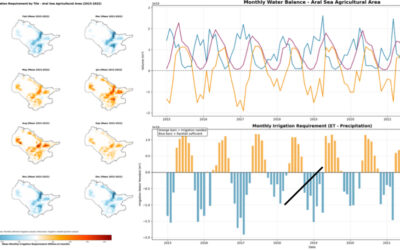The Risk Management & Rating Association e.V. has interviewed Prof. Hannes Taubenböck from our Earth Observation Research Cluster for a podcast titled “The opportunities and risks of urbanization”. In the podcast [in German] they discuss which risks and opportunities exist for companies in times of dynamic urbanization and what value remote sensing can add.
Please find the RMA podcast here: https://rma-ev.org/podcast-rma-on-air
In addition you can read parts of the podcast here: https://rma-ev.org/news-publikationen/news-risk-blog/einzelansicht-blog/in-den-staedten-wird-sich-entscheiden-ob-wir-verantwortungsvoll-mit-unserem-planeten-umgehen









